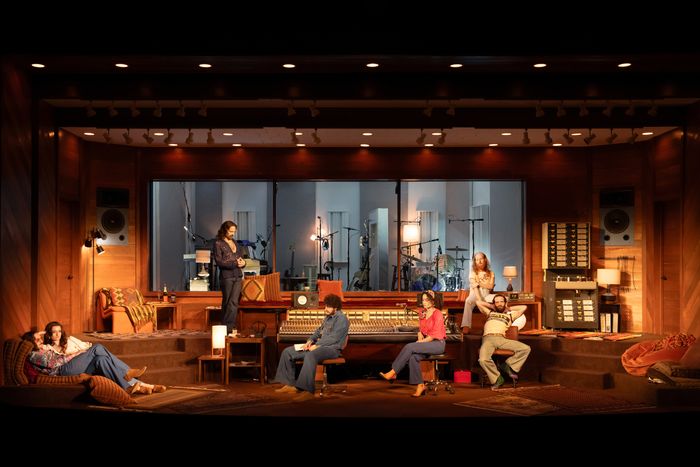
From Stereophonic, present astatine the John Golden Theatre. Photo: Julieta Cervantes
The Act One climax of David Adjmi’s Stereophonic is 1 of the astir exhilarating moments I’ve experienced successful a theatre successful caller memory. We’re successful a signaling workplace successful Sausalito, California, evoked successful gorgeous detail, down to the smallest dial, the scuzziest beanbag seat and crocheted throw. The twelvemonth is 1976, and an unnamed band, hovering connected the verge of superior fame, is signaling an album. They’ve been astatine it for months. The aerial is clogged with cigaret fume and marijuana fume and hostility arsenic viscous arsenic Marmite. The drummer, Simon (Chris Stack), does not privation to usage a click track, but it’s been 36 takes and he’s inactive dragging. Diana (Sarah Pidgeon) sings beautifully and has songwriting chops that get stronger by the day, but she’s fragile and antiaircraft and feels perpetually nether onslaught from her lead-guitarist boyfriend, Peter (Tom Pecinka), who’s brilliant, creatively domineering … and besides fragile and antiaircraft and convinced that he’s perpetually nether onslaught from, well, everyone. The wry, aloof vocalist-keyboardist, Holly (Juliana Canfield), has, for the moment, reached a détente with her philosophizing, self-pitying, cocaine-and–Jack Daniels–fueled husband, the bassist, Reg (Will Brill), but hostilities could resume astatine immoderate moment. The engineers, Grover (Eli Gelb) and Charlie (Andrew R. Butler), conscionable privation Simon to usage the fucking click way truthful that they tin get the fucking instrumentality and everyone tin spell the fuck to sleep. Then — suddenly, gradually, someway some — a occurrence happens. Take 37 is perfect. The opus bursts into driving, dazzling life. People propulsion down headphones and instruments and drawback each other, hugging and hooting and doing anserine dances. Simon howls astatine the universe, “WE’RE SUCH A GOOD BAND!!!”
Stereophonic is an echo-portrait of Fleetwood Mac and the hard commencement of Rumours (Simon, Holly, and Reg are British and played unneurotic for years earlier joining up with Peter and Diana, the Americans). It’s besides a stunning feat of scoring by Adjmi — whose hypernaturalistic publication captures the ebb and travel of overlapping code some wrong and extracurricular the studio’s dependable country — and by manager Daniel Aukin and composer Will Butler. Aukin and the show’s stellar formed play Adjmi’s rigorously constructed, deceptively casual prose with arsenic overmuch exactness and audacity arsenic the actors, each playing their instruments live, determination into Butler’s songs: Smart, well-crafted tunes that blend the people and blues and prog vibes of the ’70s with the soaring indie yearning of Butler’s erstwhile band, Arcade Fire. (There’s a cast album connected the way.) The amusement is portion performance and portion breakup drama, portion sound-design marvel (Ryan Rumery is the leader responsible) and portion beautifully observed play portion (everyone’s legs look dynamite successful Enver Chakartash’s bells and flares, and that lovingly intricate acceptable is by David Zinn). But it’s the happening Adjmi conjures up astatine the extremity of Act One that makes Stereophonic such a meaningful and exceptional portion of work: In its bones, it’s a emotion song, bittersweet and wounded and ferociously loyal, to the enactment of making creation — specifically, creation that requires that astir exhausting, infuriating, transcendent element: collaboration.
“It’s a torture to request people,” sighs Holly. She and Simon — the Brits who aren’t continuously cervix heavy successful substances — pridefulness themselves connected keeping their composure. Simon is the manager and the designated radical “dad,” and Holly has the benignant of large posture, posh vowels, and people regal mien that each the slumming successful the satellite can’t tarnish. But nary 1 successful the set is really okay. They’re each broken, each frightened, each experts successful hurting themselves oregon others oregon both. But determination is thing they’re susceptible of, adjacent called to, amidst the changeless raging of egos and reopening of wounds. “I WANNA PLAY MUSIC!” Peter bellows arsenic helium stomps from the studio’s power room, wherever radical are inactive passing astir the tremendous coke container and bitching astir the breached java machine, into the dependable room: the temple, the ineffable abstraction wherever things get serious, wherever everyone abruptly turns from a fucked-up quality into a indispensable portion of a whole.
Plenty of creation has been made astir the creator arsenic egomaniacal monolith, arsenic genius oregon tyrant oregon lonely freak. But Adjmi is looking astatine thing much analyzable and contradictory — that ineffable happening that pulls a clump of egos together. The torture and the elation of needing people: Music has it, and theatre has it. And anyone who’s thrown themselves into either knows that the aforesaid project, the aforesaid people, tin someway permission you much battered and drained than you thought imaginable portion besides being, arsenic Diana whispers, “the champion happening that ever happened” to you.
Right from the title, Adjmi has built into his play this fixation connected the harmonies and discords of collaborative creation. Stereophonic dependable comes astatine you from much than 1 source, blended by the receptor and the encephalon to signifier a greater whole. That’s the task for the show’s 7 actors: Both connected instruments and as instruments, they’ve got to weave unneurotic idiosyncratic lines of a precisely built score, and tempo and blend are everything. This is the large instrumentality of precocious naturalism: To dependable the astir “real” takes the astir cautious listening, the astir painstaking dedication to style. Adjmi’s publication is orchestrated down to the bushed — pauses, overlaps, shifts successful intonation each noted (one of my favourite signifier directions: “proleptic apology”). Language similar this takes an ensemble of athletes, on with a large woody of spot — and the show’s transportation from Playwrights Horizons has lone fixed Aukin’s bonzer institution much clip to turn together. No 1 misses a beat, from Brill’s itchy, writhing, slurring, someway inactive strangely saccharine messiness of a bassist (just hold for his mind-blown effusion connected houseboats) to Butler’s cheerfully bizarre adjunct technologist — his deficiency of room-reading skills is 1 of the show’s large entertainments, and the set members’ repeated inability to retrieve his sanction is 1 of its small, hilarious heartbreaks. Canfield gives the outwardly chill Holly gorgeous depths — it’s devastating to perceive her, enraptured, tears successful her eyes, picture the enactment country from Don’t Look Now arsenic beauteous “because you cognize it’s coming from grief” — and Stack expertly turns Simon into that feline who’s astatine erstwhile the astir lovable and slightest readable successful the room. He seems similar the peacemaker, the caretaker, the 1 who’s determination to cheer you up with a bump from the container and a tickle — but there’s besides a region successful him, a outgo that’s been paid, a upland of words unsaid.
As the quasi Lindsey Buckingham and Stevie Nicks figures, Pecinka and Pidgeon person to make the churning, molten affectional halfway of the play, and some their chemistry and the crisp edges of their portrayals person lone grown since the show’s archetypal run. In opposition to her phenomenal voice, Pidgeon has recovered thing a small uglier successful Diana arsenic a character, and it works: It’s each excessively possible, particularly fixed the teams that we thin to tally toward automatically these days, for the exacting, damaged Peter to go the show’s villain. Just listen to the assemblage gasp when, aft the set lays down an perfectly smoking signaling of 1 of Diana’s songs, Peter, stone-faced and toneless, hits her with: “It’s bully but … your ego is getting successful the mode and you request to determine if you’re gonna beryllium a mediocre songwriter oregon propulsion it to the adjacent level.” Yet it’s important that we don’t delegate atrocious guys and bully guys successful a amusement similar this. Peter — to whom Pecinka wholly commits, giving him unspeakable hardness, immense hurt, and bravely daring to beryllium thing but likable — has got to beryllium arsenic quality arsenic Diana, arsenic close and arsenic wrong, arsenic sinned against arsenic sinning. Pidgeon and Pecinka person been nimbly messing astir with the dials of their characters’ narration similar Grover astatine his soundboard, and person recovered a dynamic that feels marvelously complicated, a rich, bittersweet spot wherever it’s nary casual task to constituent to a singular victim.
And arsenic for Grover — the quality is the concealed bosom of the show, hidden successful plain show astatine halfway stage, arsenic we ore connected the colorful artists down the solid wall. Gelb softly crafts a long, aching arc with the suffering, aspiring, not-as-cool-as-he’d-like-to-be engineer. He’s funny, he’s lost, and he’s besides each inch an artist: dedicated, ambitious — ultimately, whether helium likes it oregon not, some a perfectionist and a believer. Grover, on with everyone other successful this smelly, volatile studio, could outcry on with Reg when, astatine the climax of a ganja-assisted revelation, helium declares, “I privation to unrecorded successful art.” It’s not truly a gag — it mightiness adjacent beryllium a tragedy. Or possibly it volition beryllium the champion happening that ever happened.
Stereophonic is astatine the John Golden Theatre.

 1 week ago
12
1 week ago
12


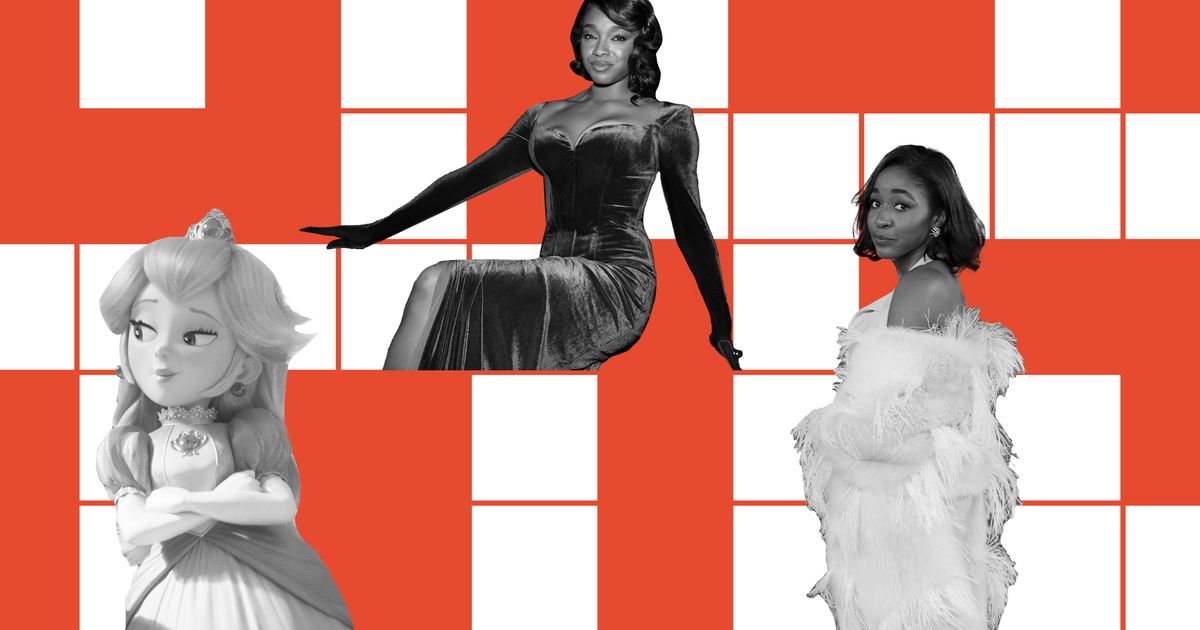



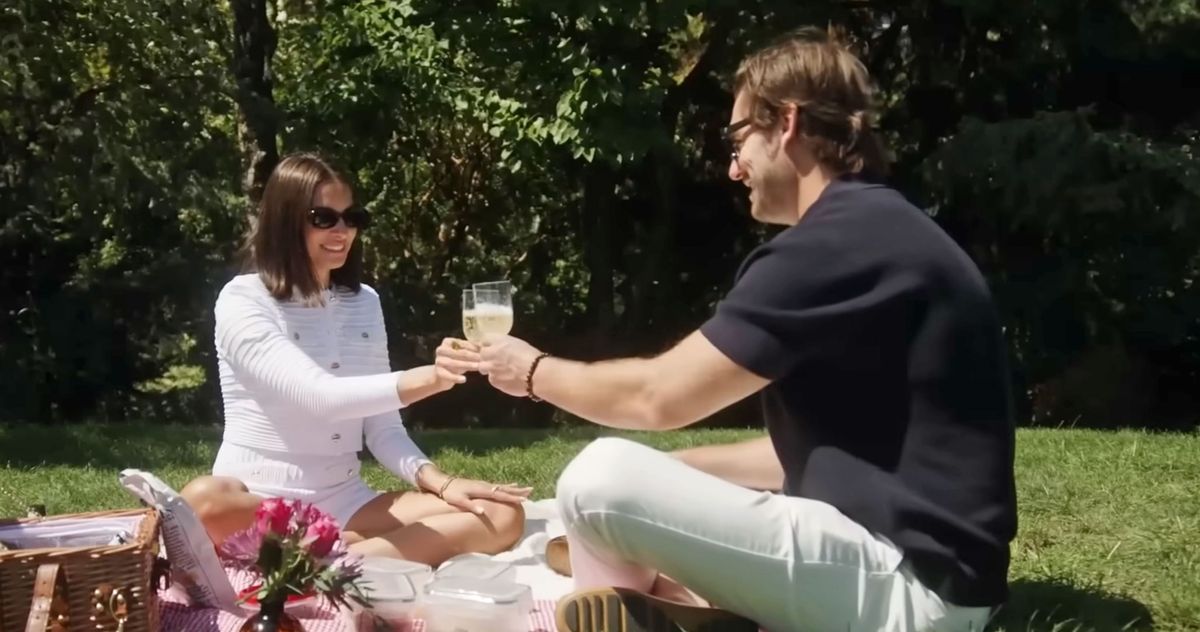

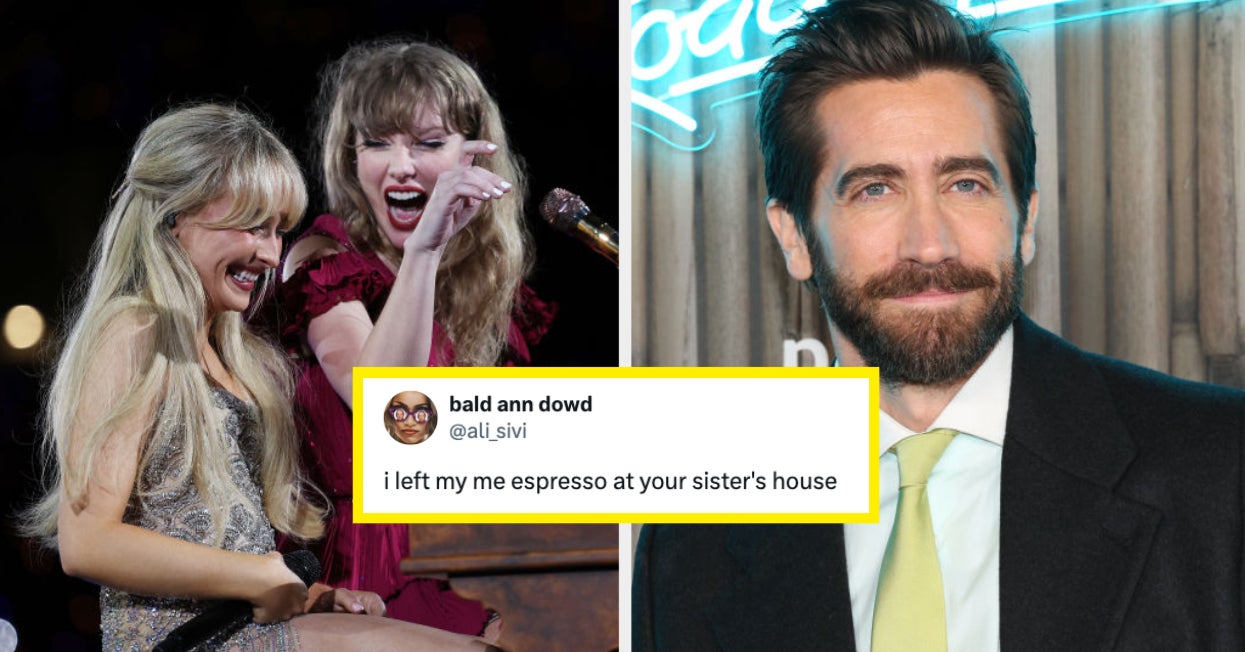




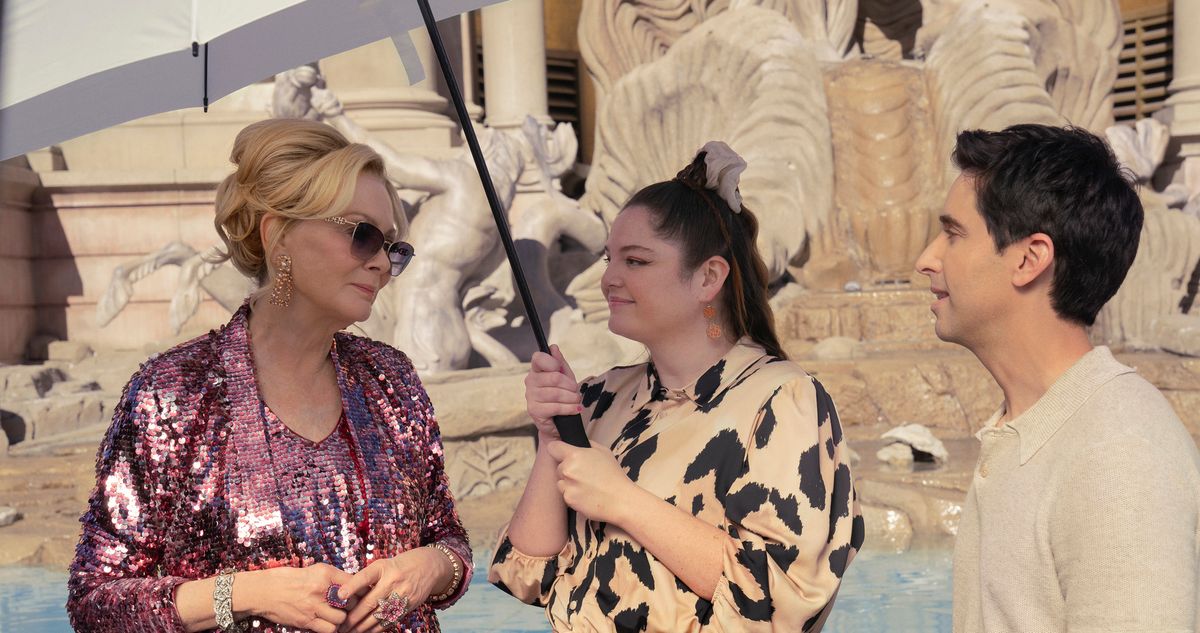
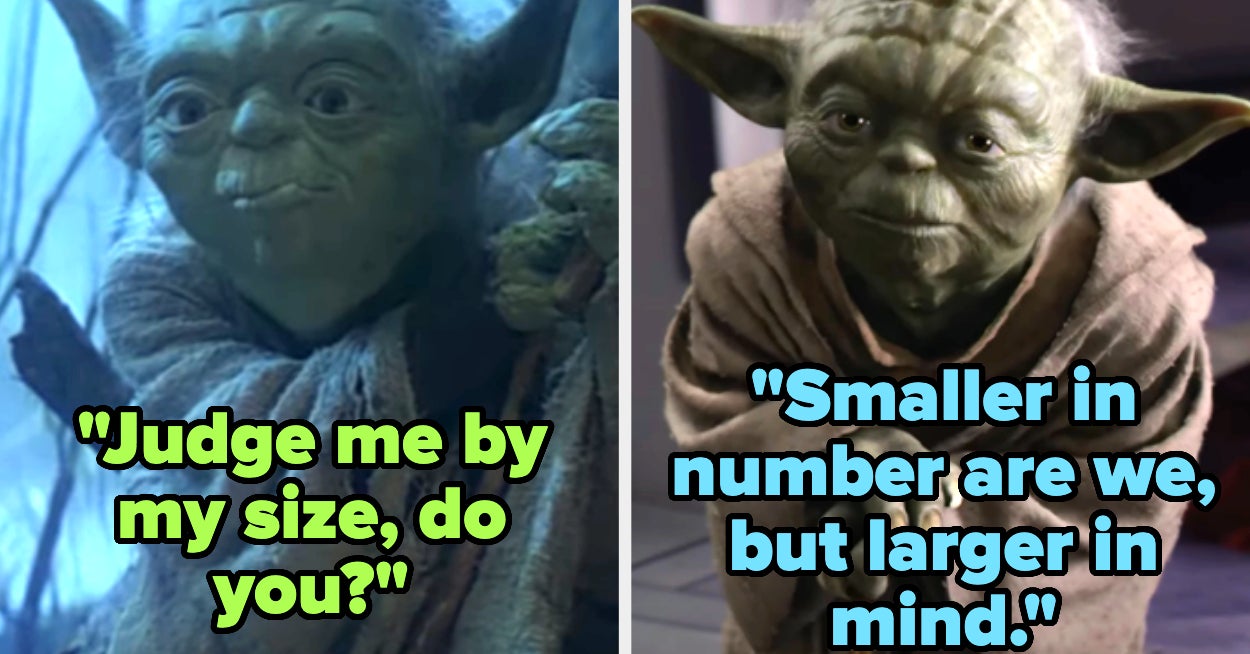











 English (US)
English (US)